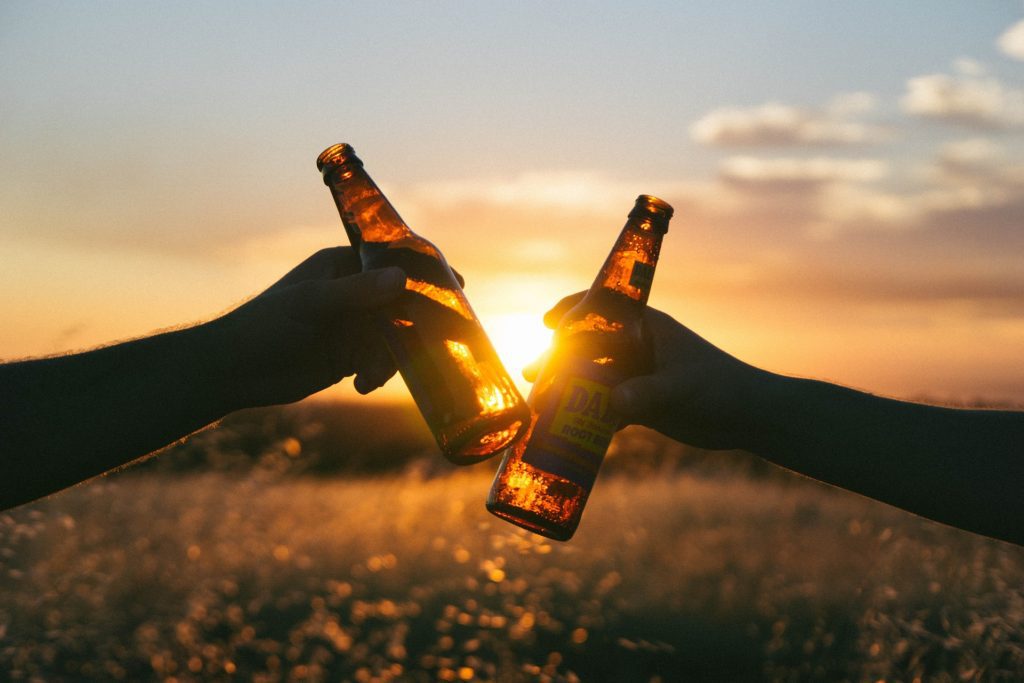
Drinking alcohol makes you cool right? At least that’s what I learned as I entered high school and beyond. The “cool kids” partied simple as that.
If you have social anxiety, alcohol can seem to temporarily lower your guard and allow you to stop worrying long enough to interact with other people.
Depending on how you use it, alcohol doesn’t have to be all bad. This article isn’t to scold you or tell you to cut off all drinking. What it is here to do is get real and show you what alcohol may be doing behind the scenes so you can make smarter decisions for yourself.
Until I slowly embarked on a wellness journey two years ago, I didn’t realize what massive impact alcohol had on my mental health.
Angela @ ChillChief
For me, alcohol has always been a typical component of my social life – drinking to go out, having a cocktail at dinner, beers at a music festival, you name it. My story doesn’t stray far from many others in their twenties.
I didn’t realize how many social activities involved alcohol until I attempted to go alcohol-free for all of January. Long story short it was eye opening.
Most people have a general understanding that alcohol consumption isn’t the healthiest thing for their body. In fact, the World Health Organization reported that alcohol contributed to more than 200 diseases and injury-related health conditions in 2014. What we seem to forget is that alcohol is a drug which is why it has a physiological effect on those who consume it.
Alcohol contributed to more than 200 diseases and injury-related health conditions in 2014.
World Health Organization
What is happening in the brain during and after drinking alcohol?
Until I slowly embarked on a wellness journey two years ago, I didn’t realize what impact alcohol had on my mental health. I became keenly aware that heavy bouts of drinking completely threw my body out of wack and left me emotionally reeling for days.
Some of the most frustrating symptoms of anxiety are experienced in the mind. If a drug (in this case alcohol) is being consumed, that has physiological effects it may alter how we experience anxiety.
While you are drinking alcohol…
Alcohol acts as a depressant which means it reduces functional and nervous system activity. People may turn to alcohol, especially with an anxiety disorder, to help relax and unwind.
Alcohol binds to receptor sites for GABA, glutamate, and dopamine when it enters the brain. The GABA and glutamate neurotransmitter sites slow down functioning, lower anxiety and decrease nervous system activity.
Dopamine sites are the center of the brain’s reward system and cause feel-good sensations in the body. Alcohol may also raise levels of serotonin in the brain, which affects mood, cognition, learning, and memory.
When you drink, your brain is pumping out tons of messages that say “slow down, relax, do less, you’ve won.”
When the alcohol has left your system…
Once you are no longer feeling the effects of alcohol, another set of processes happens in the brain. The intensity or type of symptoms depends on tons of factors like the number of drinks, age, gender, water consumption and much more.
Alcohol dehydrates the brain causing headaches and disturbs sleep patterns causing fatigue. The most significant effects of alcohol on anxiety may be due to the alteration to neurotransmitters levels in the brain.
The messages and production of dopamine, GABA, and serotonin in particular. These brain messengers spike during consumption then crash when alcohol stops flooding the brain.
Low serotonin levels are linked with symptoms of anxiety as well as low GABA levels. Alcohol also causes inflammation of the stomach and gut, which can send anxiety-inducing messages to the brain through the gut-brain axis.
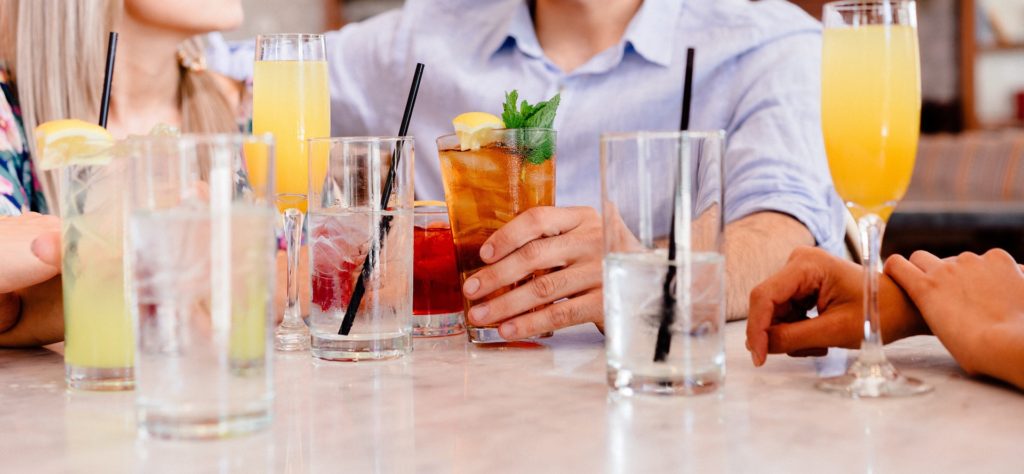
Tricks to help you drink less
The foolproof way to improve anxiety induced by alcohol is to decrease how much you drink. If less alcohol is in your system, it has a lower chance of altering your brain chemistry and giving you nasty side effects. If drinking alcohol is something you enjoy and cutting it out altogether isn’t realistic then introducing ways to drink less can help you cut back.
Drink Slower and Smaller
When you get a drink, be aware of how fast and how big you gulp it down. Take smaller sips less often. This will help you take longer to finish a drink which means fewer drinks overall. Lowering the amount of alcohol you intake will reduce the impact it may have on neurotransmitters in your brain.
Alternate Alcohol with Water
Drink an alcoholic drink then follow it up with a glass of water before considering getting another drink. Mixing in water not only helps combat the effects of dehydration but slows you down from consuming too much alcohol.
Choose alcohol with fewer toxins
Dark alcohol, like whiskey and wine, has more toxins than lighter alcohols, like vodka. Consuming fewer toxins may have an impact on the intensity of your hangover. Pick your poison wisely to help reduce your risk.
Don’t drink on an empty stomach
This is an age-old technique to help with hangovers – never drink on an empty stomach. Alcohol can cause more damage and inflammation to the gut when nothing is lining the stomach walls. If the stomach is empty, alcohol is absorbed into the bloodstream quicker which causes faster and often more intense psychological effect.
Load up on your Vitamins
Alcohol inhibits the absorption of nutrients that are vital to proper nerve functioning such as B vitamins, folic acid, and zinc. Symptoms of anxiety can be tied back to deficiencies in vitamin B and other critical nutrients.
In my personal experience, taking a vitamin pack like an Emergen-C or supplementing with a multi-vitamin helps lower my likelihood of an unpleasant hangover.

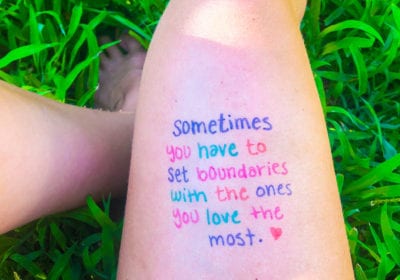
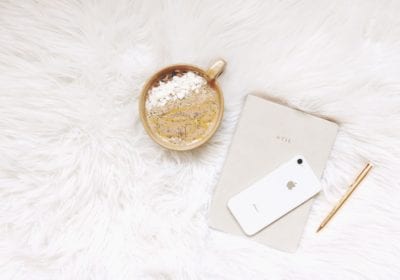
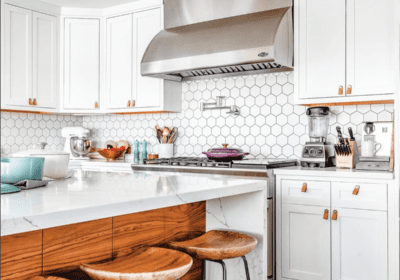
bookmarked!! I like your site!
Thank you so much Kimberly! So happy to have you as part of the community!
[…] Alcohol can negatively impact anxiety by creating a spike in mood-boosting and anxiety stopping brain messengers with an anxiety-filled crash soon to follow. […]